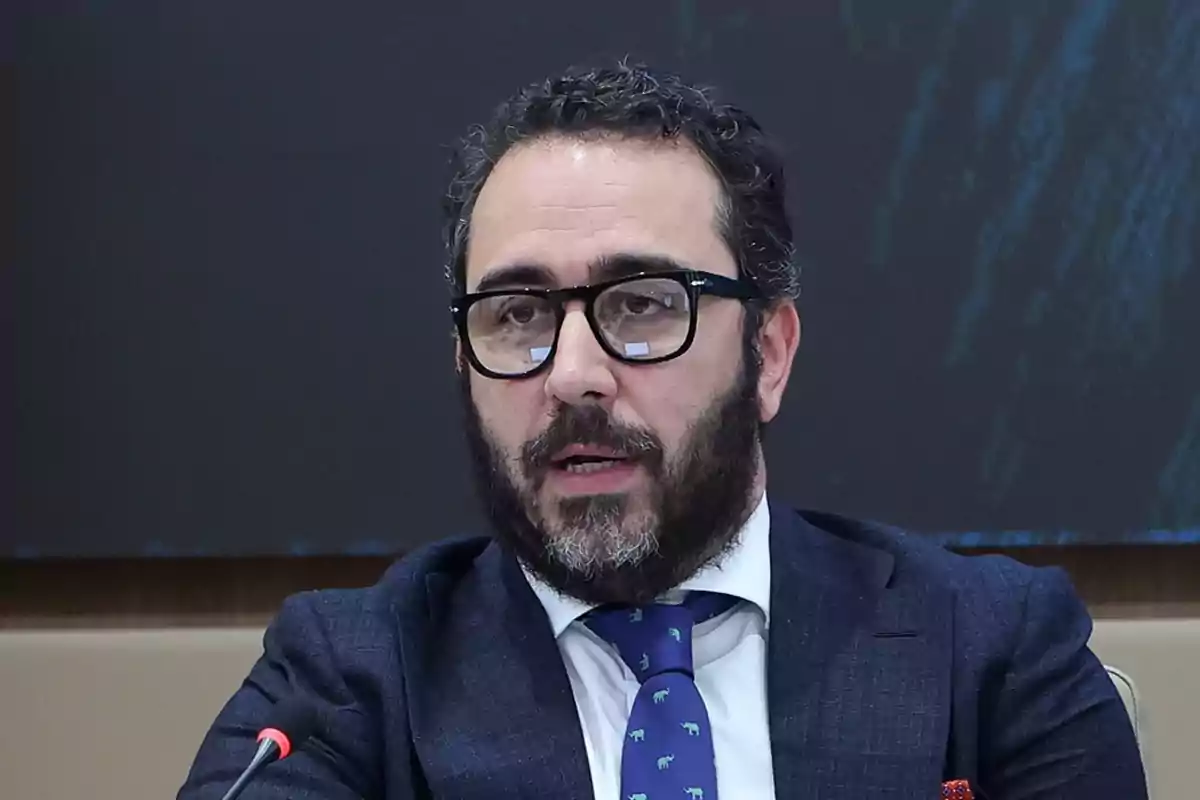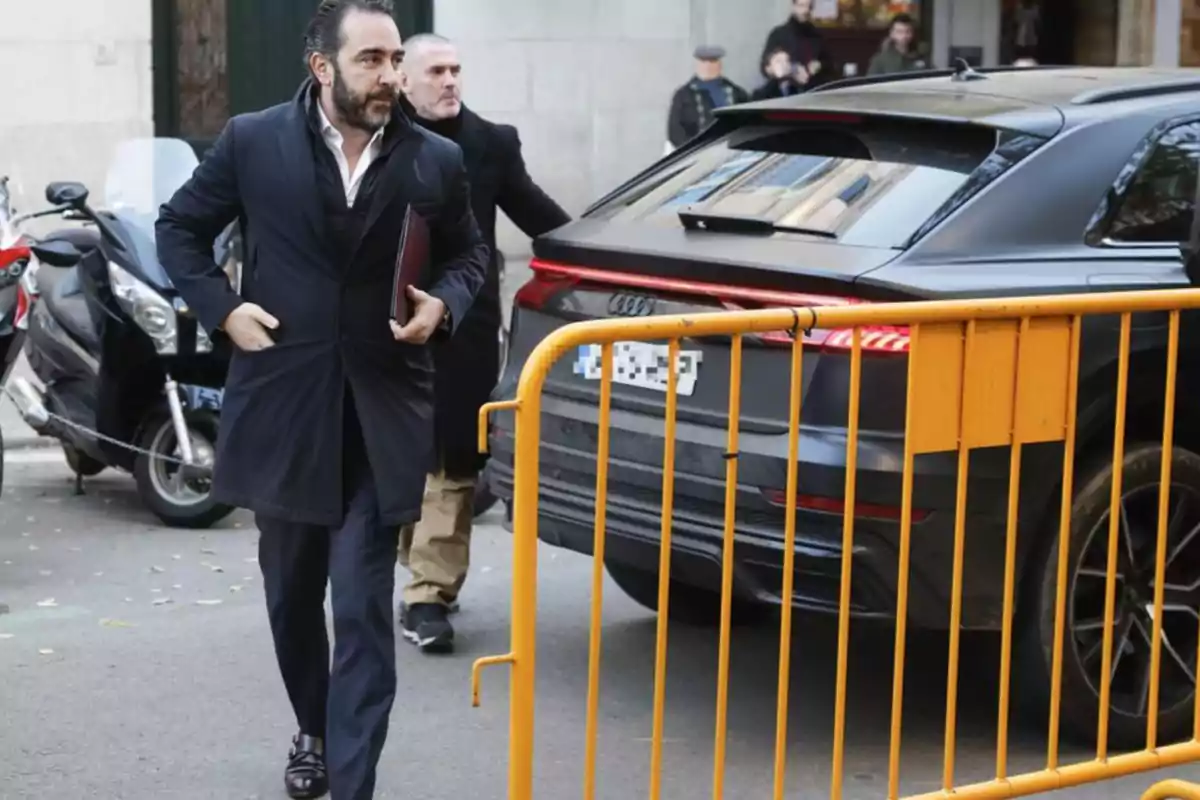
These are the countries where the UCO locates hydrocarbon fraud
Transfers made to Portugal, China, and Colombia were justified through fake contracts for advisory services that were not performed.
The UCO uncovers a tax fraud network led by Víctor de Aldama, who channeled illicit funds to Portugal, China, and Colombia. Between May 2022 and February 2024, 73.9 million euros were diverted through fictitious advisory service contracts.
Investigators confirm that these contracts were a method to launder money and conceal the criminal origin of the funds. Portugal was a key point, where shell companies received transfers backed by fraudulent documentation.
In this scheme, China played a strategic role as a destination for large sums disguised as non-existent commercial agreements. Colombia was another pillar in the plot, channeling money into accounts controlled by front men and linked to shell companies.
The Civil Guard indicates that the network allegedly sought to take advantage of the fiscal flexibility of these countries to evade international oversight. Aldama and his partner, Claudio Rivas, devised this structure to defraud the hydrocarbon sector and evade taxes in Spain.
Agents highlight the creation of essential companies and the use of front men to dissociate themselves directly from the fraud. The UCO identifies the individuals responsible as the key pieces in the criminal operation, without whom the scheme wouldn't have been possible.
Transfers made to Portugal, China, and Colombia were justified through fake contracts for unperformed advisory services. The UCO report highlights that the fraud amounts to 182.5 million euros, but it could be even higher once the investigation is completed.
In Portugal, transfers were directed to accounts that simulated legitimate operations to evade detection by authorities. China was crucial in the laundering, taking advantage of complex financial systems that make it difficult to trace large amounts of money.

Colombia facilitated the movement of funds with local companies controlled by the network, serving as a bridge for laundering. Additionally, those involved designed business structures that appeared legal to facilitate the fraudulent operation.
The Civil Guard has requested international collaboration to trace the funds and establish responsibilities in the implicated countries. Portugal, China, and Colombia will need to implement stricter controls to avoid being used in future fraudulent operations.
The Investigation Highlights the Types of Tax Fraud
The plot has also exposed weaknesses in fiscal cooperation between Spain and the countries where the funds were diverted. The Armed Institute emphasizes that Aldama and Rivas not only designed the scheme but also directed every operational area of the organization.
From logistics to banking operations, the network's leaders supervised all movements to ensure their success. The UCO underscores that without the collaboration of these countries, it will be challenging to recover the funds and prevent new illicit activities.

China, with its growing role in global trade, must strengthen surveillance mechanisms to avoid being a haven for laundering. Colombia, on the other hand, has been pointed out as a country where criminal networks find it easy to operate without restrictions.
Portugal, with its proximity to Spain, has become a common destination for diverting money by taking advantage of its tax system. As the investigation progresses, an increase in detected fraud figures is expected, according to the Tax Agency.
Collaboration between the judicial and fiscal systems of the implicated countries will be crucial to completely dismantle the network. The UCO highlights that fraudulent operations of this magnitude require a well-coordinated international infrastructure.
More posts: